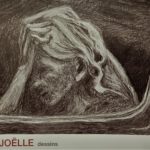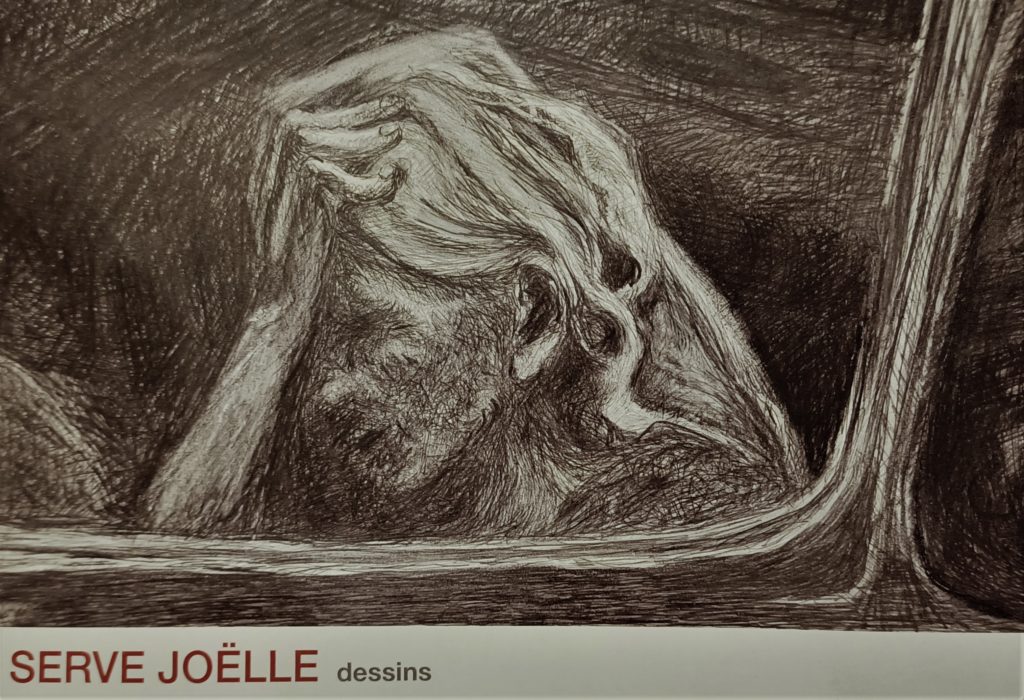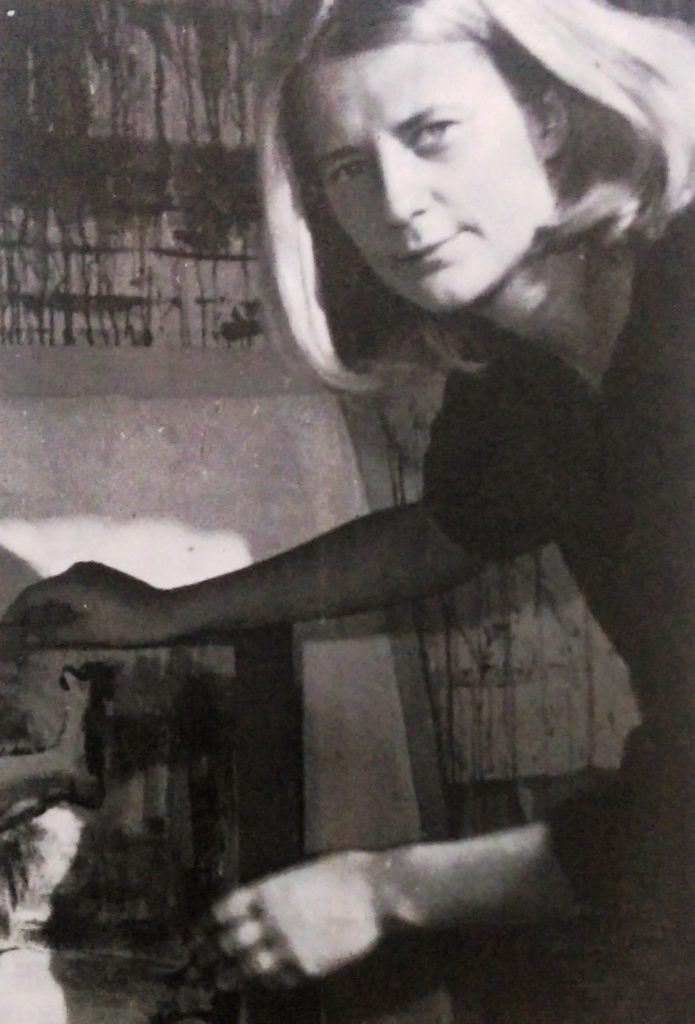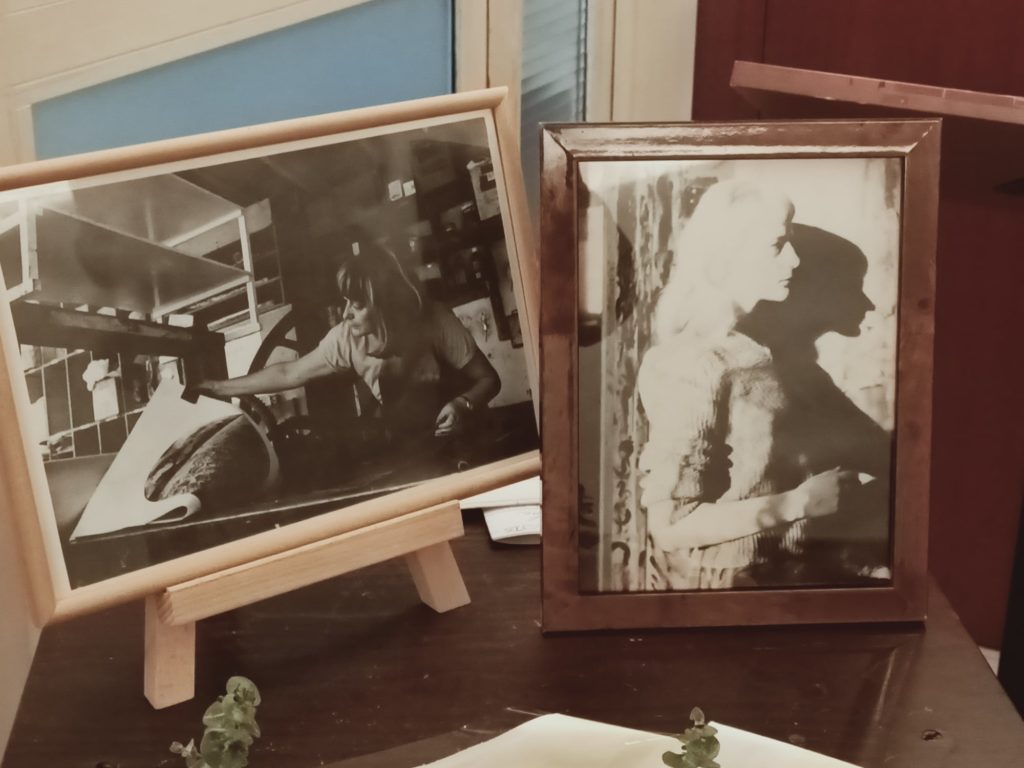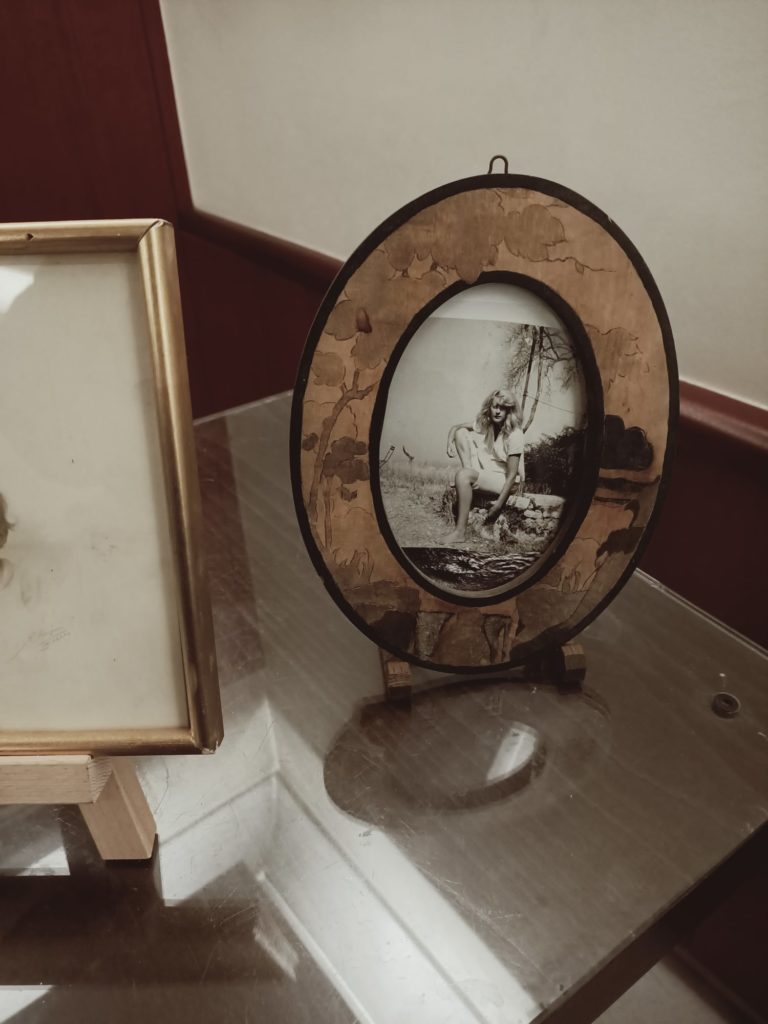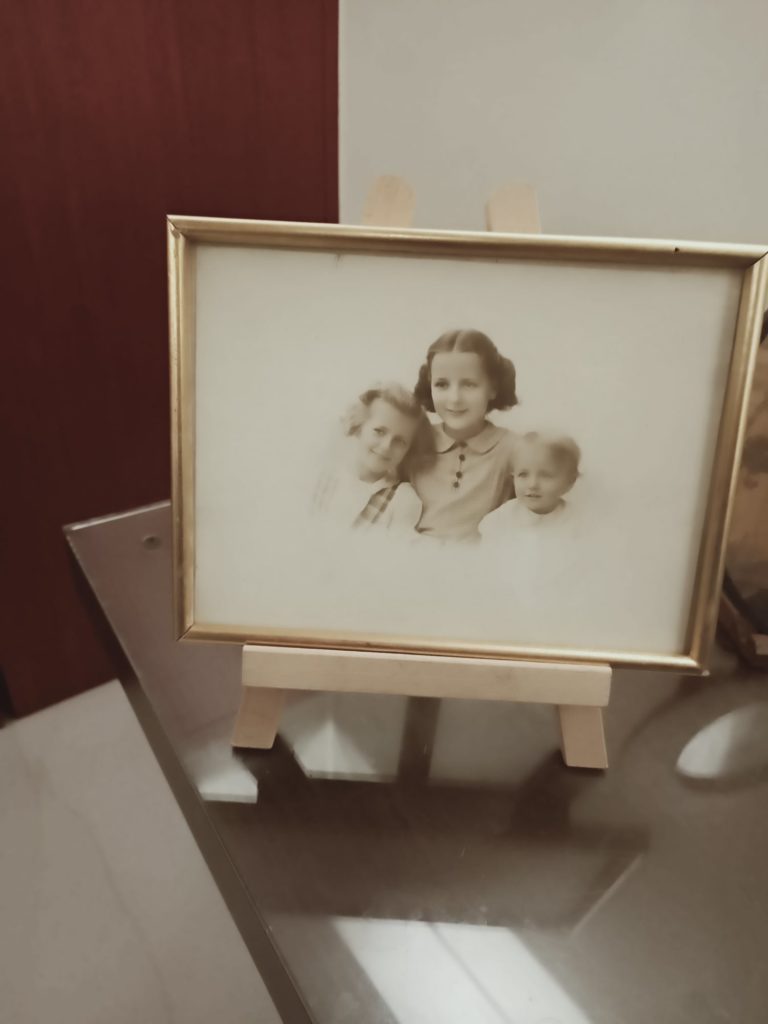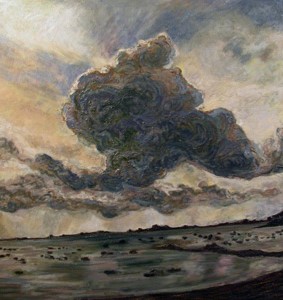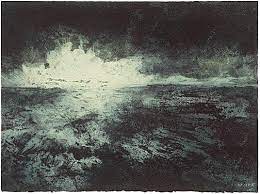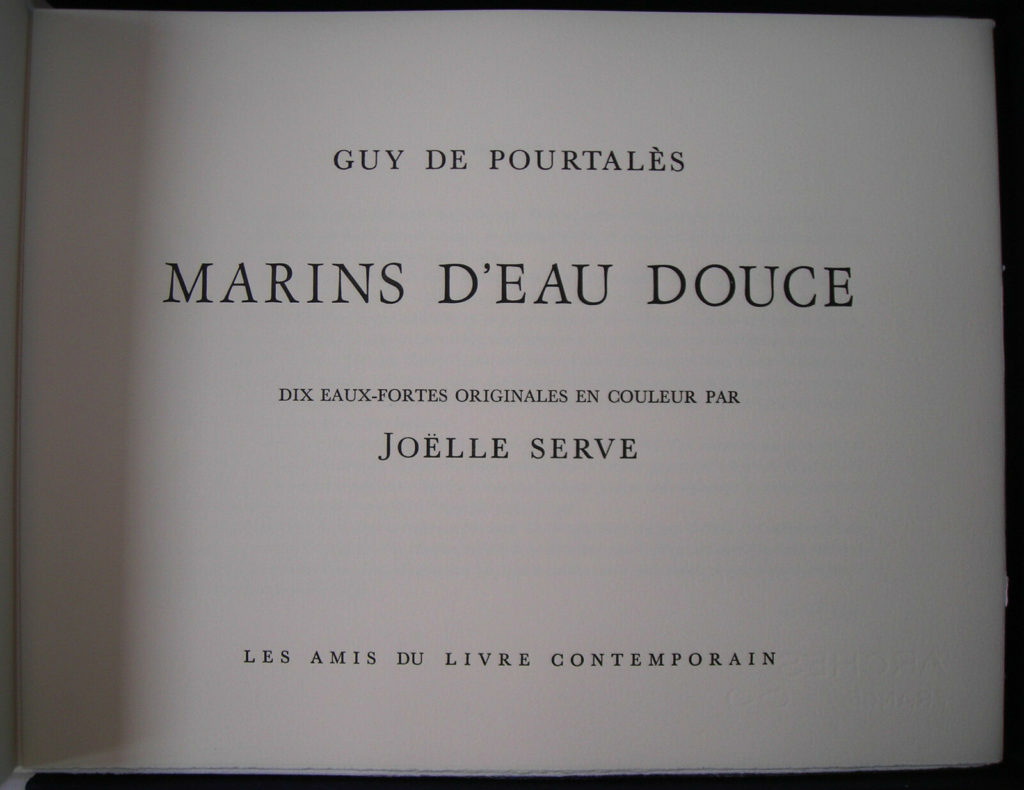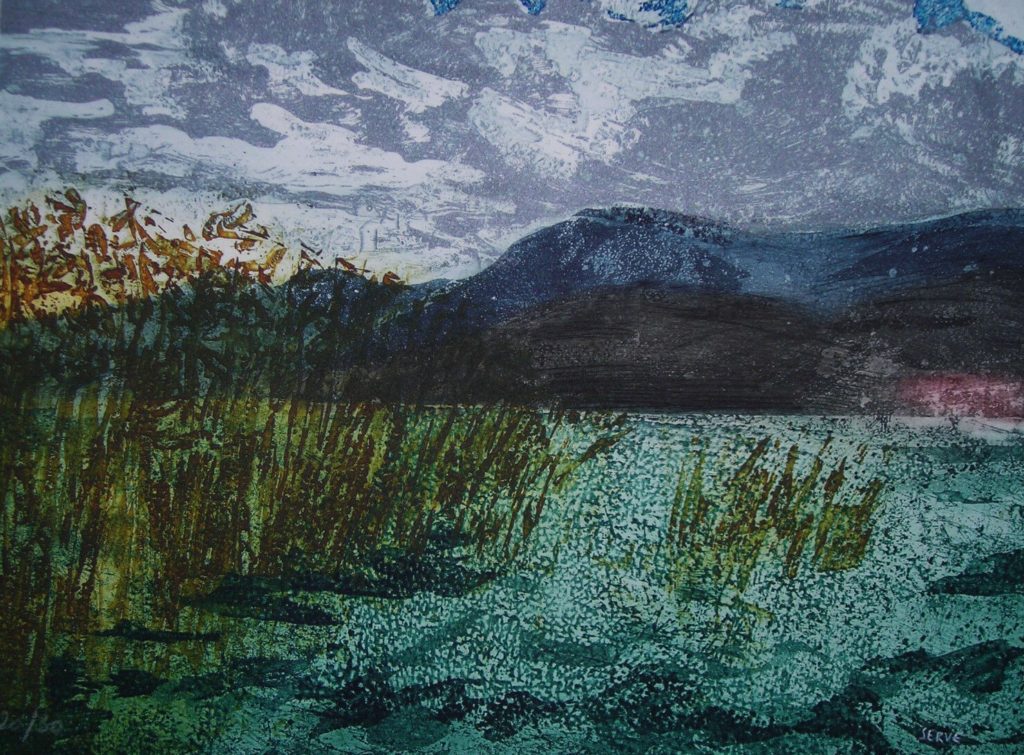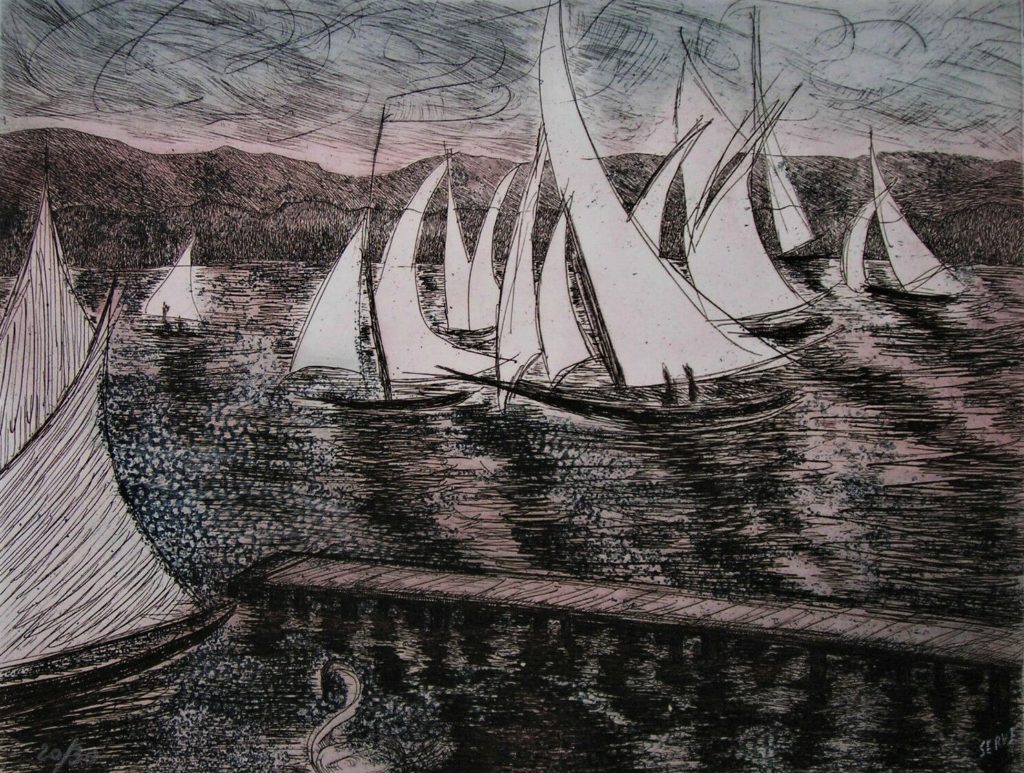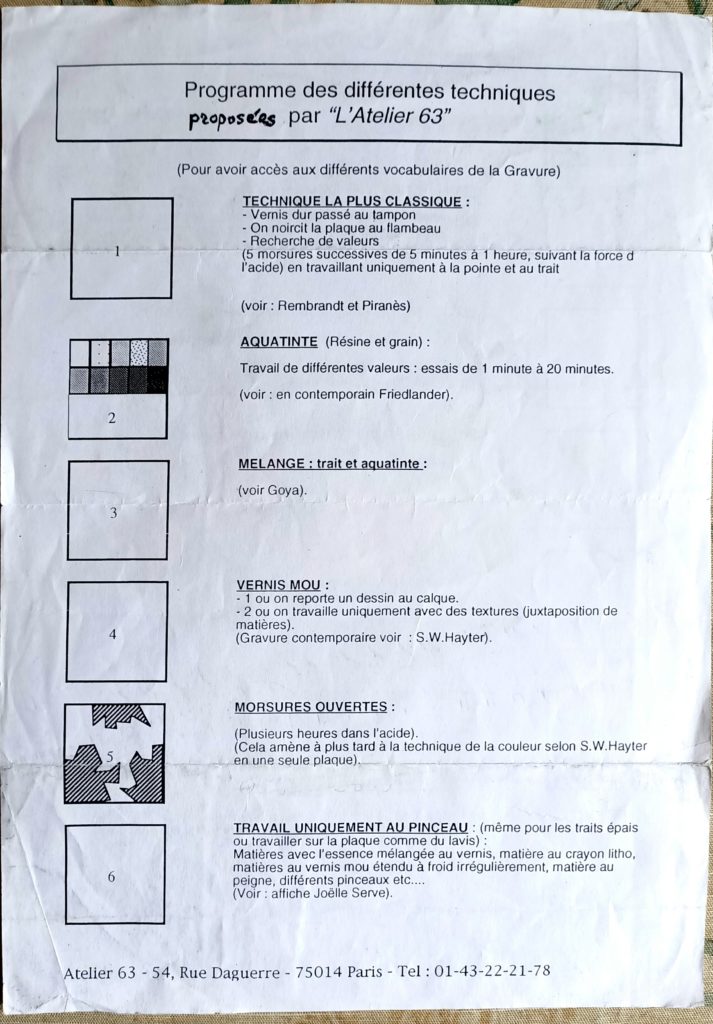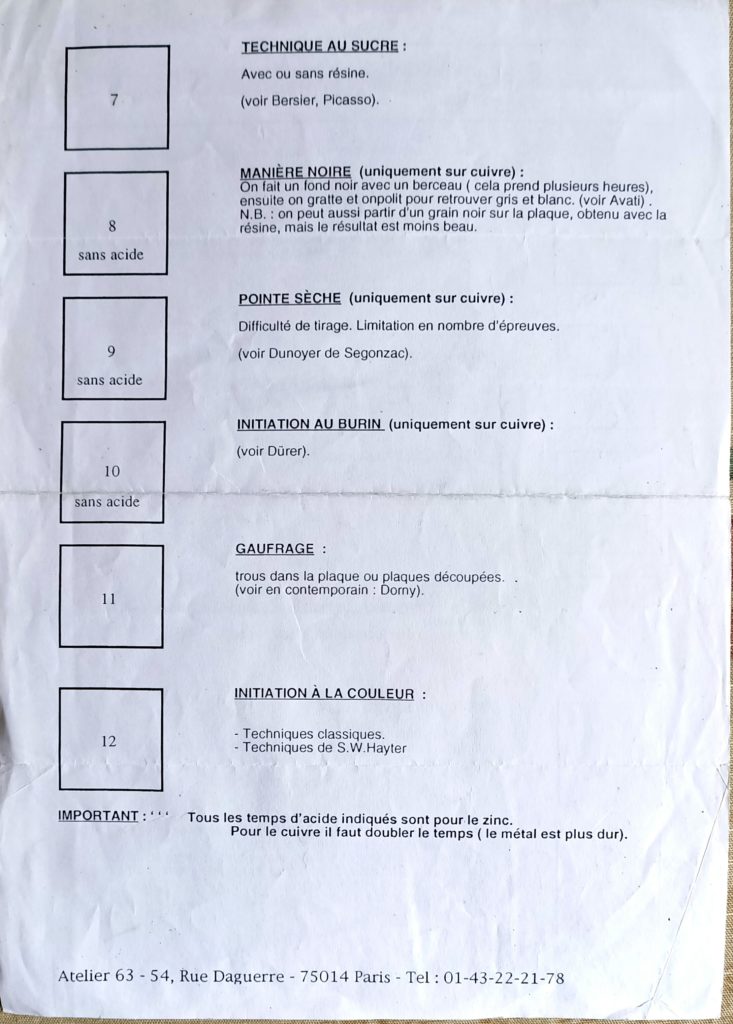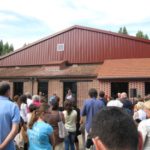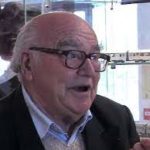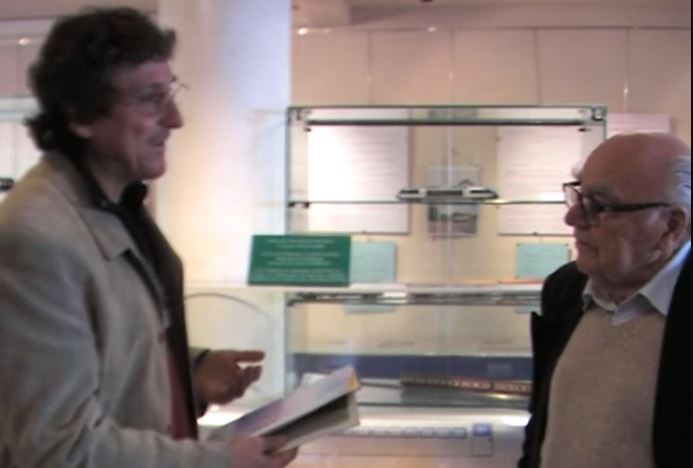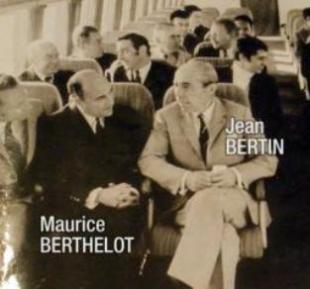« C’est en allant à la mer que le fleuve reste fidèle à sa source »
(Jean Jaurès)
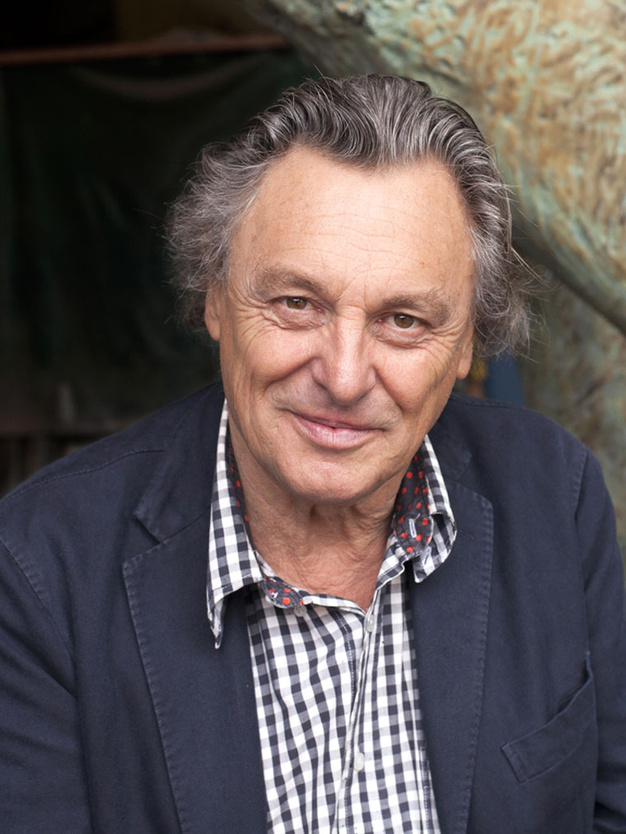
Pour le peintre sculpteur Gérard Garouste, « l’art n’est pas un luxe, mais une nécessité pour tous ».
Le 11 septembre 2010, ce fut un vrai plaisir d’assister à la fête annuelle de « La Source » au hameau La Guéroulde, ce « trou perdu » au fin fond du département de l’Eure.
La Source est une association 1901 née de la rencontre entre le peintre sculpteur Gérard Garouste et des éducateurs de la région, dont le pari est innovant puisqu’elle associe l’art, l’action sociale et l’éducation dans la lutte contre l’exclusion de jeunes de 6 à 18 ans rencontrant des difficultés familiales, psychologiques, d’adaptation sociale, d’échec scolaire, de reconnaissance et d’identité, et dont un grand nombre est suivi par des travailleurs sociaux.
Ce sont eux, ces jeunes pleins de fougue et de caractère, qui, de nouveau capables de travailler ensemble, nous ont montré ce jour-là une pièce de théâtre sur leur nouvelle scène construite à l’abri de la confusion des grandes agglomérations.
Depuis 1991, ce sont plusieurs milliers d’enfants, défavorisés ou non, qui sont venus ici bénéficier d’un éveil artistique encadré, approche qui, autant comme arme thérapeutique que comme outil de prévention, y a fait ses preuves.
A tel point que depuis 2002, un deuxième centre du même type a déjà vu le jour à Villarceaux (Val d’Oise) et que plusieurs autres sont appelés à exister dans d’autres villes et régions.
La genèse du projet
En milieu rural, l’exclusion, si elle est peu médiatisée, ne cesse de progresser avec la crise qui frappe : rupture avec l’école, familles brisées par le chômage, pénurie de loisirs, isolement, absence de perspectives d’avenir. Tout cela fait en sorte que ces enfants se sentent rejetés, perdent confiance en eux et en la société. La marginalisation, aussi forte que dans les banlieues, est seulement moins visible en zone rurale et se traduit plutôt par des drames individuels qui, en apparence, ne semblent pas perturber l’ordre public.
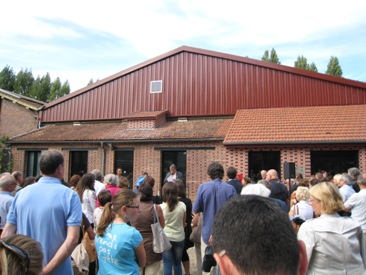
Ouverture du théâtre, lors de la Fête de l’association La Source qui associe art, action sociale et éducation dans la lutte contre l’exclusion de jeunes en milieu rural.
Voilà ce qu’a découvert il y a plusieurs années Gérard Garouste, peintre et sculpteur dans ce village de l’Eure où il vit et travaille. Saisi par le nombre d’enfants déjà exclus du fait de leurs conditions de vie, il a rencontré des éducateurs qui suivaient bon nombre de ces jeunes sur le terrain. Ensemble, ils se sont demandés comment changer la donne.
C’est ainsi qu’en 1991, Garouste se lance dans cette aventure. « L’art n’est pas un luxe, mais une nécessité pour tous » , aime-t-il dire. Il ne s’agit nullement ici de « former des artistes » mais de permettre à des jeunes en difficulté d’explorer et de développer leur potentiel créatif grâce à différents ateliers plastiques et visuels (peinture, sculpture, gravure, photo, vidéo, écriture et désormais théâtre).
Le projet se fonde sur la conviction, trop souvent absente de nos écoles « normales », que la créativité permet de développer les domaines de la sensibilité, de l’imaginaire, de l’émotion et de l’intelligence : cette place accordée à l’expression personnelle concourt à l’équilibre nécessaire entre la construction d’une personne et la conscience sociale. C’est bien cela que devrait être une « école de la République » formant des citoyens et pas seulement des « têtes ».
Méthodologie
Cette construction du sens n’arrive pas par magie, mais par un effort d’imagination et de travail commun. D’abord, chaque atelier s’articule autour du triangle artiste-éducateur-enfants. L’engagement bénévole d’artistes professionnels au service de l’éveil artistique des jeunes, contribue au succès de cette démarche.
Ainsi, lors de la fête du 11 septembre, le visiteur a pu identifier, grâce à des expositions de tableaux, de sculptures, d’objets et de photos, ce travail en commun. Par exemple, l’artiste Camille Courrier de Mere (et excusez-moi de ne pas pouvoir mentionner ici tous les autres) est partie de l’idée de proposer aux enfants l’exploration de la peinture préhistorique. Après une sensibilisation iconographique, les enfants ont été initiés à différentes techniques, telles que le pochoir, le tracé gravé et l’adaptation à une surface accidentée, pour reproduire les animaux de l’époque sur un grand châssis entoilé.
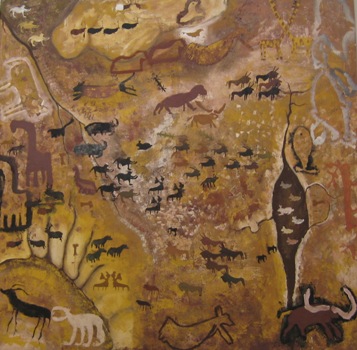
Lors d’un atelier, une artiste proposa l’exploration de la peinture préhistorique. Après une sensibilisation iconographique, les enfants ont été initiés à différentes techniques, telles que le pochoir, le tracé gravé et l’adaptation à une surface accidentée, pour reproduire les animaux de l’époque sur un grand châssis entoilé. Joli travail d’équipe !
Parallèlement à cet enseignement, l’artiste a incité les enfants à n’utiliser que des matériaux et procédés précis correspondant à ce moment de l’histoire de l’humanité : emploi de colle animale, trempage, broyage des pigments…
Pour restituer au mieux l’ambiance de l’époque, le groupe avait construit une fausse grotte préhistorique pour présenter son travail au public. Cet aspect n’est pas une simple option. Afin que ces jeunes retrouvent l’estime d’eux-mêmes, il est essentiel que leurs créations passent par le regard et la reconnaissance de l’autre, par le biais d’expositions, d’éditions, de concerts ou de toute autre manifestation publique.
Ou encore ce groupe d’élèves du collège Jean Jaurès de Clichy (Hauts-de-Seine) auxquels on demanda de travailler en partant de l’analyse des œuvres de Giotto.
Les élèves, en groupe, se sont imaginés, victime d’un sortilège, emprisonnés dans sept des œuvres du peintre du Trecento, mais ayant pu emporter avec eux quelques objets de notre époque dont ils peuvent se servir pour s’en sortir.
Ils ont travaillé sur des saynètes et des dialogues avec leur enseignante de lettres et sur le contexte culturel de Giotto avec leur enseignant d’histoire.
Arrivés à La Source, un artiste leur a proposé de fabriquer des maquettes afin de recréer en volume leur interprétation de l’œuvre de Giotto, qui seront la synthèse de la rencontre entre deux mondes, deux visions : XIVe et XXIe siècle.
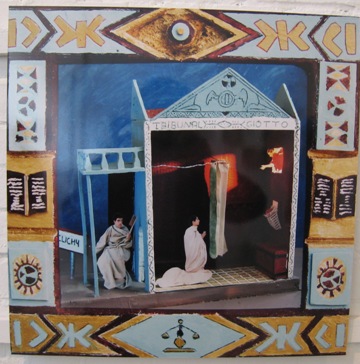
Un autre groupe s’est imaginé, victime d’un sacrilège, emprisonné dans sept des œuvres du peintre du Trecento Giotto, mais ayant pu emporter avec eux quelques objets d’aujourd’hui dont ils peuvent se servir pour s’en sortir.
Commentaire d’un élève : « J’étais hyper motivé ; je voulais continuer toute la journée, en une semaine j’ai découvert beaucoup de choses ; on dirait que je suis resté un an dans l’atelier […] j’ai pleuré ; je voulais rester encore ; je me sens bien à La Source. »
Si, face à la vaste entreprise de déshumanisation en cours, cette initiative reste une goutte dans la mer, la réussite incontestable de ce type d’éveil à l’art démontre qu’il devrait non pas servir comme simple roue de secours, mais figurer au cœur de toutes nos pédagogies.
Car l’art fait toujours naître le désir de vivre. Merci à Gérard Garouste et merci à La Source de nous rappeler cette urgence !

